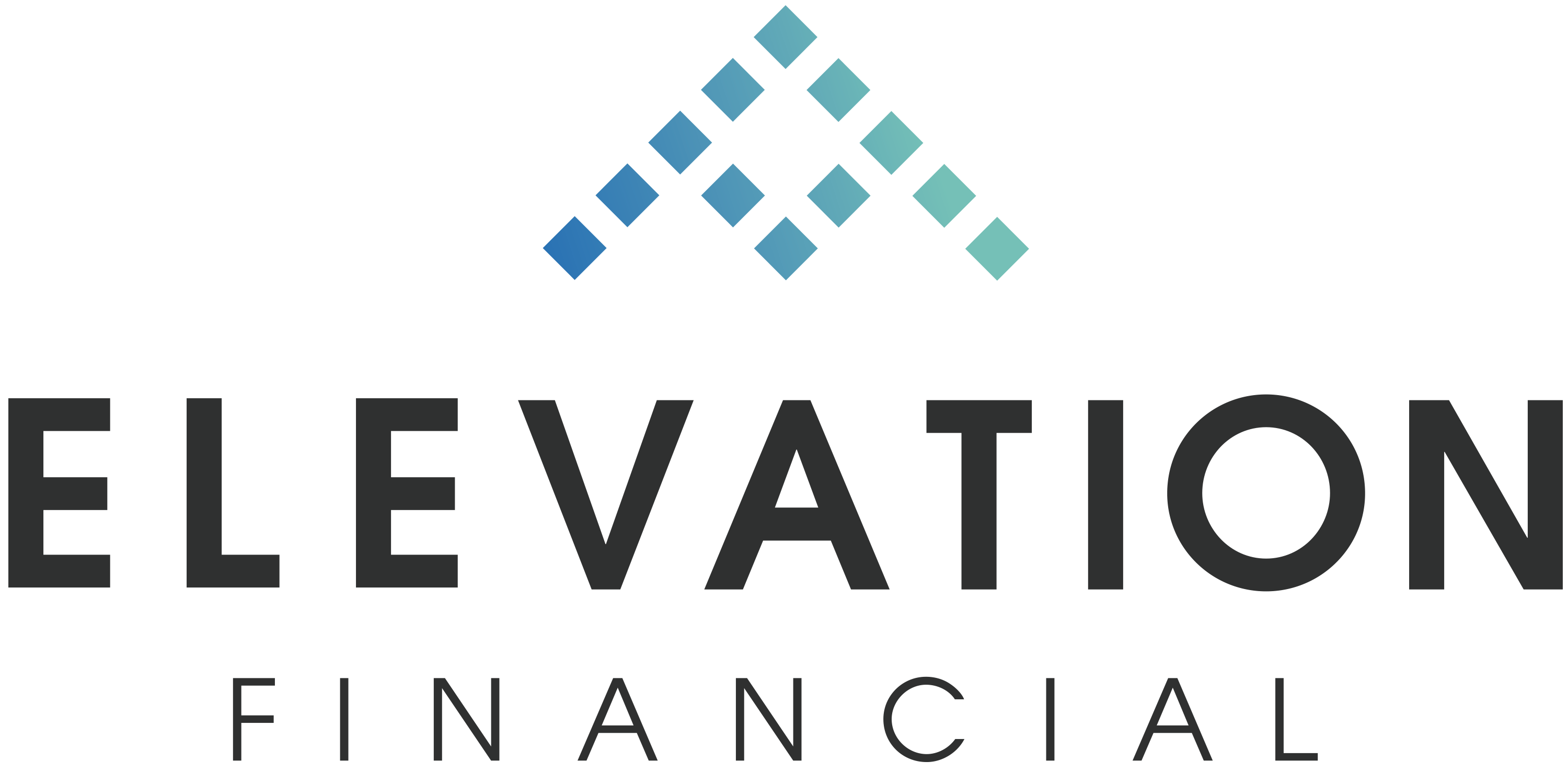
Share this Post

Need help with your money or investments? Book a consultation to learn more about working together.
How to Start a Business for Less Than $1,000
[Prefer to listen? You can find a podcast version of this article here: E197: How to Start a Business for Less Than $1,000]
So you want to start a business.
Maybe you want to earn more money with a side hustle. Maybe you hate your job and you want to do something you love. Maybe you want to take control of your time. Maybe it's a combination of things.
Many people dream of starting a business but they never quite get it off the ground.
There are lots of reasons businesses never get launched:
- Fear: It can be scary to think about starting something on your own, especially if you've never done it before. It can feel like there is a lot that can go wrong.
- Cost: Many people have the belief that starting a business requires lots of money (not true, by the way).
- Lack of time: Starting and running a business takes time, and that's often in short supply.
- Lack of knowledge: Sometimes it can be hard to know where to start and what steps to go through to start a business.
It's usually a combination of these things.
Having started (and in some cases, sold) multiple businesses, I'm here to tell you that it doesn't have to be difficult or expensive to start a business. It's hard work and it's absolutely not easy. But I'm going to walk you through how to start a simple service business for less than $1,000.
What type of business to start?
First, we need to establish what type of business to start. My assumption is that you will be starting a simple service business. These steps won't apply if you are launching a retail store, a restaurant, or an app that requires investors.
We will assume that you are ready to start something that you can get off the ground quickly and start making money fast. Something like consulting or something creative. A service that you can provide with your time and expertise.
I love service businesses because they can be started with very little upfront cost. In contrast, a product business can be very costly to start due to the costs of manufacturing or sourcing, physical location, shipping, and other logistical elements of selling products. However, a service business can be started with a laptop and an internet connection.
While we often think about modern businesses as being virtual or high-tech, some of the best examples of service businesses are in "boring" industries that are very low-tech.
If you're looking for some ideas, see my list of favorite easy-to-launch service business ideas.
Form an LLC and get your EIN
Once you have an idea for your business, the next step is to form an LLC and get your EIN (which is your tax ID).
LLC stands for "Limited Liability Company" and it's a type of business entity that is ideal for many service businesses. It's easy to set up and maintain, it has low reporting requirements, and it offers flexibility for tax treatment in the future.
While you don't have to form an LLC from the start, it does have some advantages:
- Establish credibility: If you have an LLC established, it can send a message that you are a legitimate business.
- Limited liability: As the name implies, an LLC can protect you from liability by shielding your personal assets from any claims against the business.
- Flexibility: An LLC can elect to be taxed as an S-corp in the future which can have tax advantages.
Forming an LLC is not very difficult, assuming you are a single-owner business (meaning, it's just you). In most cases, you can go to your state's Secretary of State website and do it online.
To find the site, do a search for "[YOUR STATE] Secretary of State" (for example "Indiana Secretary of State" and this will lead you to your state's website where you can form an LLC. Look for links like "Business Services" or "Start a Business" to get to the right place. If you can't find the right place in your state or you're not sure you've found the right spot, send me a note and I will help point you in the right direction.
Before starting the process, be sure to do a search for the business name you've chosen to make sure it's not already being used. You should be able to do that from the same site you are on but you can also do a search for "[YOUR STATE] business entity search" to find the search tool. It also never hurts to do a search with the U.S. Patent and Trademark Office to make sure your business name is not trademarked.
The cost for an LLC will vary by state. Some states are as low as $50 and others (ahem... California) can be hundreds.
In most states, your LLC should be active within a few days after you file it with the state. After that, you'll want to get an EIN.
An EIN is an Employer Identification Number. This is your tax ID for your business. It's a good idea to have an EIN so that you can keep your social security number private, and it also helps establish credibility. You'll also need an EIN for certain things that may be relevant in the future, such as hiring employees or starting a retirement account. You also need it to open a business bank account.
Getting an EIN is free and easy. You can go to EIN information page on the IRS website to get started. You'll fill out the application using the information from your LLC and within a few minutes, you'll have an official EIN letter with your new tax ID on it. Keep this letter! You'll need to reference it often.
Open a business bank account
Once you have your LLC and EIN, you can open a business bank account. This is important because it helps you separate your business income from your personal income. It also makes bookkeeping easier because it's very clear which transactions are business versus personal.
It's also important to keep your business and personal activities separate to preserve the liability protection offered by an LLC. A business bank account ensures that your finances aren't "co-mingled" which can weaken the legal protections of an LLC if ever challenged.
There are many options to choose from but I recommend choosing a business bank that offers these features:
- Strong tech and integrations: You want a business bank that has a great online banking website, a great mobile app, and that integrates with other software well. Check reviews to see if all these components are there when evaluating banks.
- Free checking: There are plenty of options for free checking in a business bank account so don't pay for fees.
- Free ACH: This one is important but often overlooked. You want to be able to transfer money out of your account through ACH, which is an electronic transfer. ACH is how you will pay yourself. It can also be necessary for other types of transactions and you will definitely want this feature.
I like online business banking providers because they generally check all the boxes. If you're having trouble deciding or finding the right bank, send me a note and I'll give you my favorites.
Fund your business account
Your next order of business is to fund your business account with enough money to cover some basic startup costs. You should not need much (remember, we're trying to keep this under $1,000) so a couple hundred to start with should do the trick.
Your business bank should let you link an account to fund it, or you can write yourself a check and deposit it using the mobile app.
Domain and email account
Now it's time to get a basic online presence set up.
The initial step in setting up your online presence is to secure a domain name and a professional email address. Your domain is the "something.com" and will be the address people use to access your site in the future. But even before that, a business-grade email is crucial.
Ensure that your email address carries your domain name for a professional touch.
The first action on your list should be domain registration. Here are some of the top domain registrars to consider:
After you've got your domain in place, it's time to initiate your email setup. Remember, moving forward, always use your business email for any subsequent tools or platforms you adopt.
When it comes to reputable email services, the two giants are:
Both platforms not only offer email solutions but also come with cloud storage and calendar features. Personally, I'm a fan of Google Workspace, but both are equally competent choices.
Get a logo
Next, you need a basic logo. This will be used on your website and on other materials like business cards (if you need them).
A professionally designed logo done by a real human is very valuable. And when you are more established and can afford it, I highly recommend going this route. But in the interest of keeping startup costs low, there is nothing wrong with getting something basic that is done by AI or even going the hybrid route with an online human-designed logo service.
The landscape of AI and design is evolving so your best bet is to search for "AI designed logo" and evaluate the options.
Or if you don't mind spending a few hundred dollars on something more personalized, 99designs can be a great source for getting a logo designed.
Just be sure you get a complete set of files which includes the web-ready version of your logo (PNG and JPG files) and vector files (EPS or AI files).
Set up a website
It's now time for a website! Just like logo design, we are going for simple and low cost at this point. A professionally designed website is well worth it but that can come later.
Right now, it can make more sense to go with one of the leading DIY website providers:
These sites will let you sign up, choose a template, and put a basic website together very quickly.
It's very important at this stage not to overthink it. You probably only need these pages right now:
- Homepage
- About
- Services & Pricing
- FAQ
- Contact
That's it. Keep it simple, use some stock photos from Unsplash, and get it done in an afternoon. Your goal is to have something online to establish credibility.
Set up bookkeeping and billing
You will also need a way to manage your books and (more importantly) get paid. Two of the most popular tools for sending invoices and taking payments are QuickBooks Online and Wave.
QuickBooks Online is the leader in bookkeeping and invoicing, but not everyone finds it easy to use. It also comes with a cost. Note: some accountants recommend NOT using the “self-employed” version so you may want to start with the next level up.
Wave is a great alternative to consider because it is easy to use and free. Because of this, I generally suggest Wave as your tool of choice for invoicing and taking payments. It's hard to beat free and it's a solid product that will get the job done.
Either tool will let you invoice clients and take payments online via credit card or echeck. It’s important to have this ability in place for professionalism and to make it easy to get paid.
Profit!
Guess what? You're in business. You've set up everything you need to establish a business entity, communicate with clients, and get paid.
Total startup cost should be less than $1,000 (unless you are in a state with a high LLC registration cost). Here is a sample breakdown of costs:
- LLC registration: $50 - $300
- EIN: free
- Business bank account: free
- Funding the bank account: $200
- Domain: $12
- Email: $10/month
- Logo: $50 - $300
- Website: $25/month
- Bookkeeping and payments: free
As you can see, the startup costs are minimal. So don't let cost be an obstacle.
The most important thing to remember when starting a business is simply to take action. Get started. Don't get bogged down in over-thinking.
The most successful business owners I've seen are the ones who can make decisions, take action, and get things moving without a lot of analysis.
Is planning important? Absolutely, but it should not be used as an excuse to avoid getting out there and serving clients. You will learn more by actually running your business and doing the work than through all the studying and planning in the world.
So if you're ready to start a business and are worried about the startup costs, use this guide to help you focus on exactly what needs to be done to get your business off the ground.

